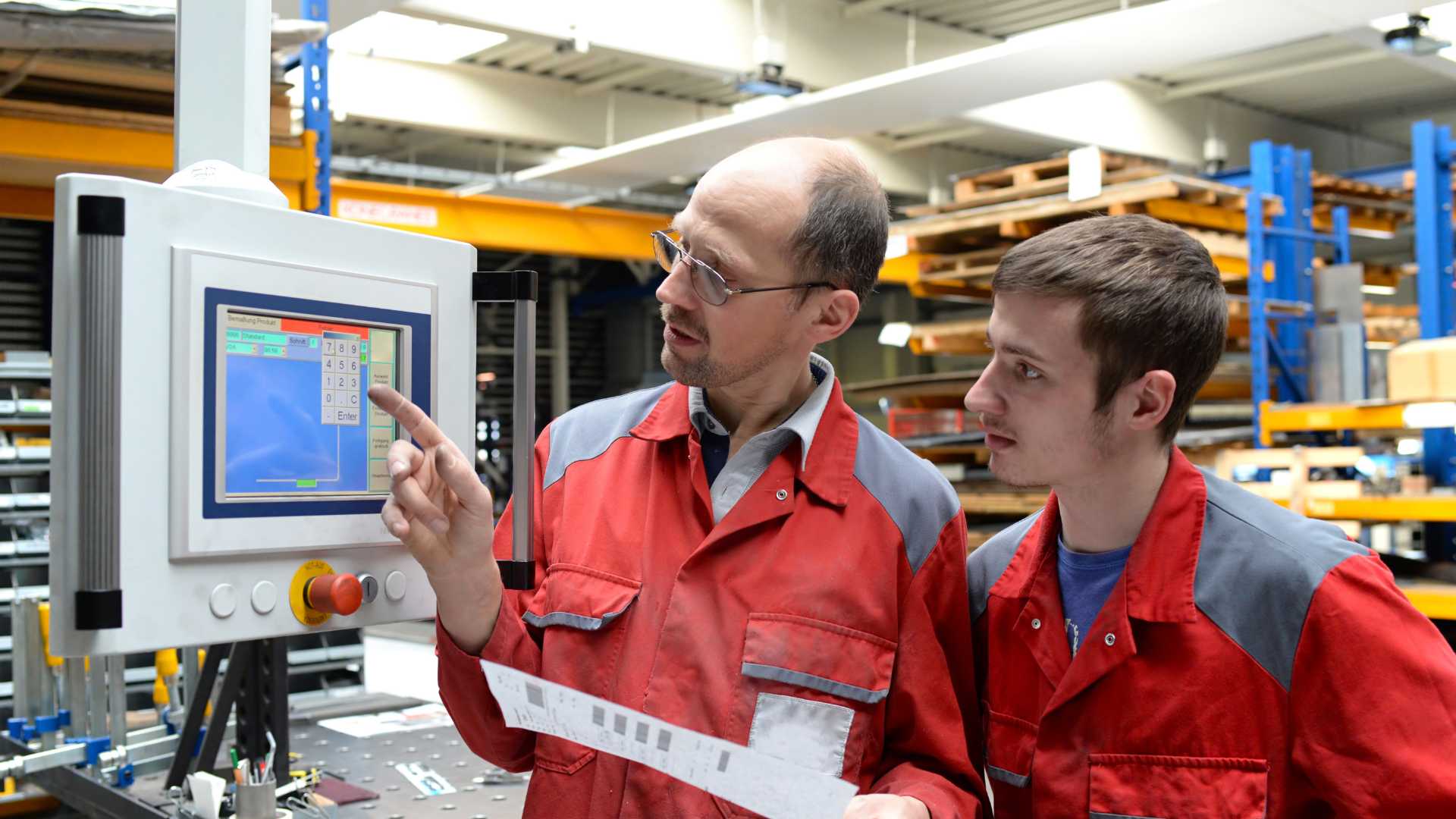
What Happens to Universal Credit If Your Child Is on an Apprenticeship?
For many households in the UK, Universal Credit and Child Benefit provide vital support while raising children.
However, when a young person moves from full-time education into an apprenticeship, the way these benefits are calculated can change significantly. This shift often catches families by surprise, leading to unexpected reductions in income.
Understanding why these changes happen, what needs to be reported, and how to plan ahead can make the transition smoother and prevent financial complications.
How an Apprenticeship Affects Your Child’s Universal Credit Eligibility?

When a child starts an apprenticeship, they are no longer classed as a “qualifying young person” in the benefits system. This means:
- Child Benefit stops because apprenticeships are considered paid employment.
- The child element of Universal Credit ends, as the child is no longer viewed as dependent.
In practical terms, this can reduce a household’s monthly Universal Credit payment. While apprenticeships provide valuable skills and future opportunities, the shift can feel like a financial setback for families that rely heavily on these benefits.
Why Does an Apprenticeship Affect Your Household Benefits?
An apprenticeship is treated differently to education for benefits purposes because of its employment status. Key reasons include:
- Contract of employment: Apprentices sign an employment contract, making them workers rather than dependent students.
- Earnings: Even though apprentice wages are lower than average pay, receiving a wage means they are classed as independent.
- Policy approach: The benefits system assumes that young people in apprenticeships contribute to household costs through their wages.
This reclassification is central to why support like Child Benefit and the child element of Universal Credit no longer applies.
How Should You Report Changes in Your Child’s Circumstances to DWP?
The Department for Work and Pensions (DWP) requires parents to report changes immediately. This includes when a child leaves education and begins an apprenticeship.
- Report online: Log in to your Universal Credit account and update your circumstances.
- Contact directly: If unsure, call the Universal Credit helpline for guidance.
- Keep records: Save confirmation messages to show you reported the change.
Why This Matters?
Failing to report the change can lead to overpayments. The DWP will eventually reclaim these funds, which can cause financial stress if families have already spent the money.
What Is the Financial Impact on Families When Benefits Stop?
When benefits stop, families often notice the financial impact almost immediately. The reduction in weekly income can place real pressure on already tight household budgets.. The loss typically includes:
| Benefit Type | Average Weekly Loss |
| Universal Credit Child Element | ~£62.00 |
| Child Benefit | ~£15.90 |
| Total Weekly Reduction | ~£78.00 |
This equates to around £300 a month in lost support. For low-income households, this drop can be difficult to absorb, particularly since apprenticeship wages are modest.
- Apprentices aged under 19, or in their first year, earn at least the apprentice minimum wage, which is lower than the standard minimum wage.
- Families may find themselves struggling to cover essentials like rent, bills, and food despite their child working.
This highlights why planning ahead and seeking available financial advice is crucial. With the right support, families can better manage the transition and reduce hardship.
What Steps Can Parents Take to Manage the Loss of Support?
While the reduction in benefits cannot be avoided, there are steps parents can take to adapt:
- Budget planning: Use online tools like the Money Helper or Gingerbread calculators to forecast your new monthly income.
- Claim other entitlements: Check eligibility for help with housing, council tax reduction, or free school meals for other children.
- Encourage financial contribution: Some families agree that the apprentice contributes a small share of their wages towards household costs.
- Stay updated: Follow government updates, as there are ongoing debates around supporting families with apprentices.
For more details on how Universal Credit interacts with training schemes, it’s worth exploring resources on benefits for apprenticeships.
Are There Any Alternatives or Extra Support Available for Families?

Although Child Benefit and the child element of Universal Credit stop, families may still be able to access other forms of support. One option is council tax support, where local authorities can offer reductions based on household income.
In addition, some apprentices may qualify for grants or bursaries to help cover essential costs like travel or equipment. If the apprentice is over 18 and meets the eligibility criteria, they may also be able to claim Universal Credit in their own right.
Beyond government schemes, certain employers provide workplace benefits, such as discounted travel, training allowances, or free meals.
While short-term support may reduce, apprenticeships remain valuable in the long run by helping young people build careers and financial independence.
Conclusion
The shift from education to apprenticeship is a positive step for young people, but it also marks a turning point in how households receive benefits. Universal Credit and Child Benefit stop recognising the child as dependent, leading to a loss of around £80 a week for many families.
To avoid overpayments, parents must promptly report the change to the DWP and plan for the reduced support. Exploring alternative help, budgeting carefully, and encouraging the apprentice’s contribution can ease the adjustment.
Ultimately, while the short-term financial hit can be difficult, an apprenticeship lays the foundation for a stronger and more independent future for the young person.


